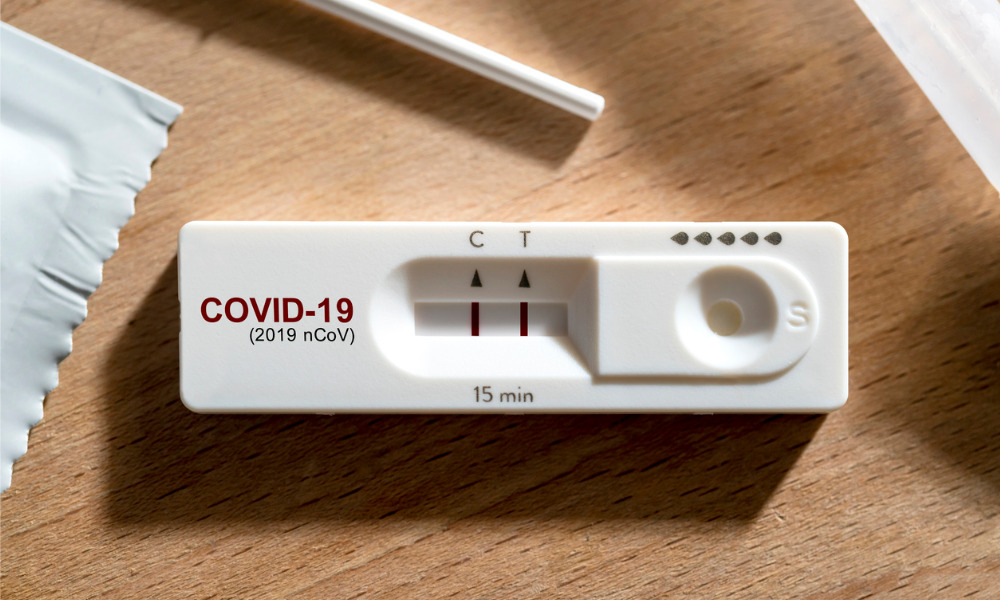
Proposed class action claimed conspiracy to promote sterilization and manipulate human genome

The Ontario Court of Appeal has upheld a motion judge’s dismissal of an action suing several domestic and international governments on the ground that COVID-19 was a conspiracy.
In Amikwabi v. Pope Francis, 2022 ONCA 236, Stacy Amikwabi and several others sued several domestic and international governments in a proposed class action and constitutional challenge. The action claimed that COVID-19 was a “multi-lateral global conspiracy to, among others, promote sterilization programs and manipulate the human genome.” Amikwabi sought billions, if not trillions, of dollars from the respondents.
The respondents included Pope Francis, Her Majesty Queen Elizabeth II, Global Vaccine Alliance (GAVI), the United Nations’ World Health Organization and the Public Health Organization of Canada, the Bill and Melinda Gates Foundation, Prime Minister Justin Trudeau, and the Attorney General of Canada, among others.
The motion judge dismissed the action as frivolous and vexatious under r. 2.1.01 of the Rules of Civil Procedure, R.R.O. 1990, Reg. 194.
Under the relevant provision of the Rules, “The court may, on its own initiative, stay or dismiss a proceeding if the proceeding appears on its face to be frivolous or vexatious or otherwise an abuse of the process of the court.”
The Court of Appeal upheld the motion judge’s dismissal.
The court found that the motions judge clearly explained why the case was frivolous and vexatious, so much that “it rises to the clearest of cases” where the Rules provision applied. She did not misdirect herself on the law or facts of the case, and her analysis showed command of the operative legal principles, said the court.
Further, the appeal court ruled that the motions judge did not err in deciding the matter without written submissions from Amikwabi. “These motions are intended to be made in a summary manner and may, in the court’s discretion, be made without written submissions,” said the court.
The appeal court ruled that it had no basis to interfere with the motion judge’s exercise of discretion, which was entitled to appellate deference.